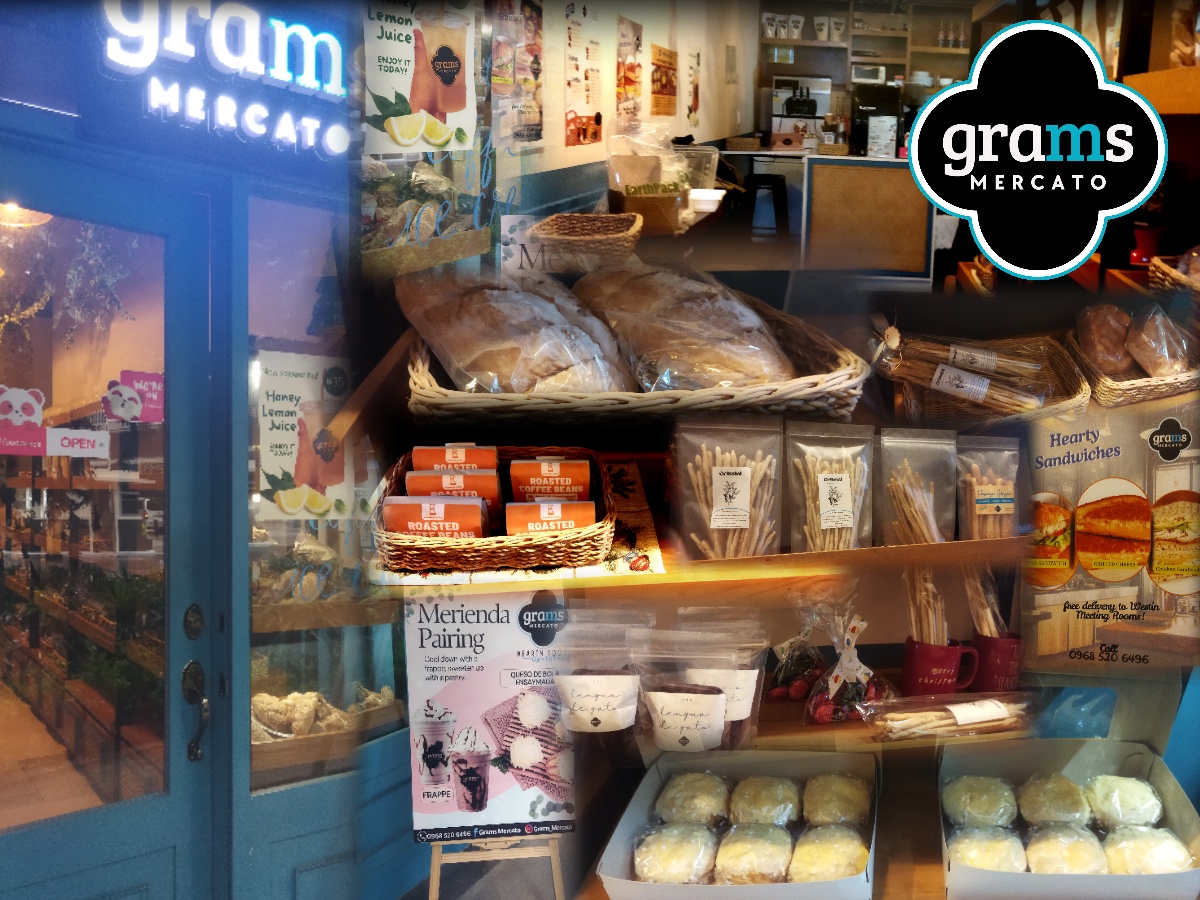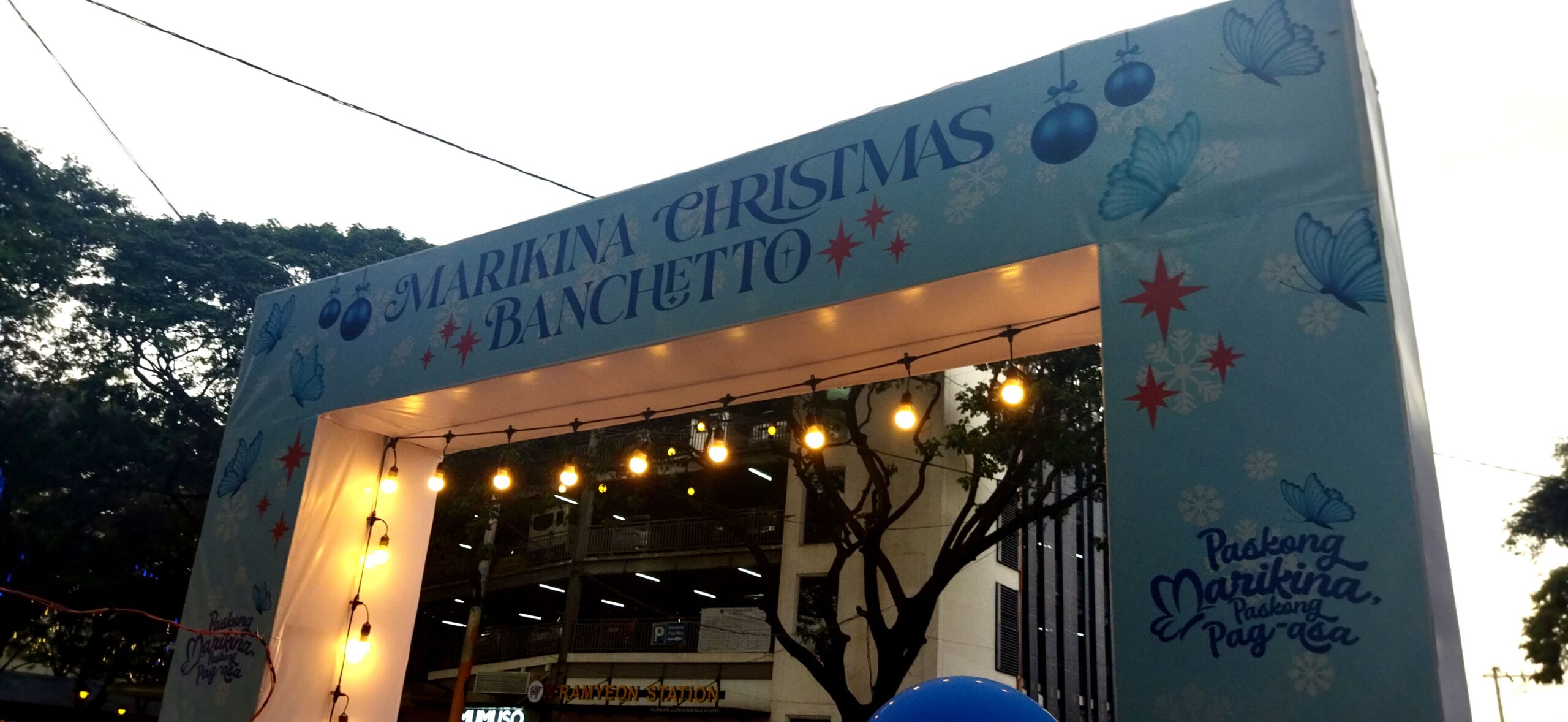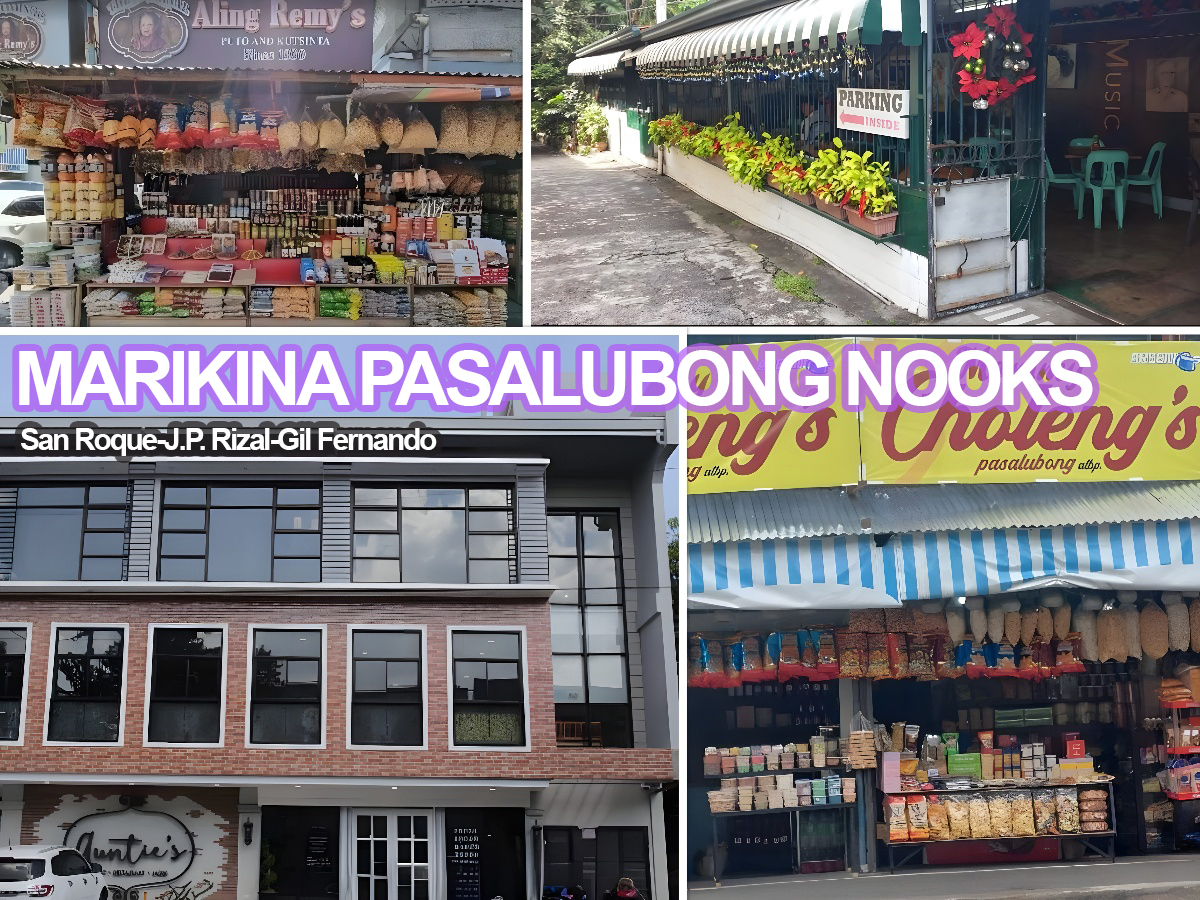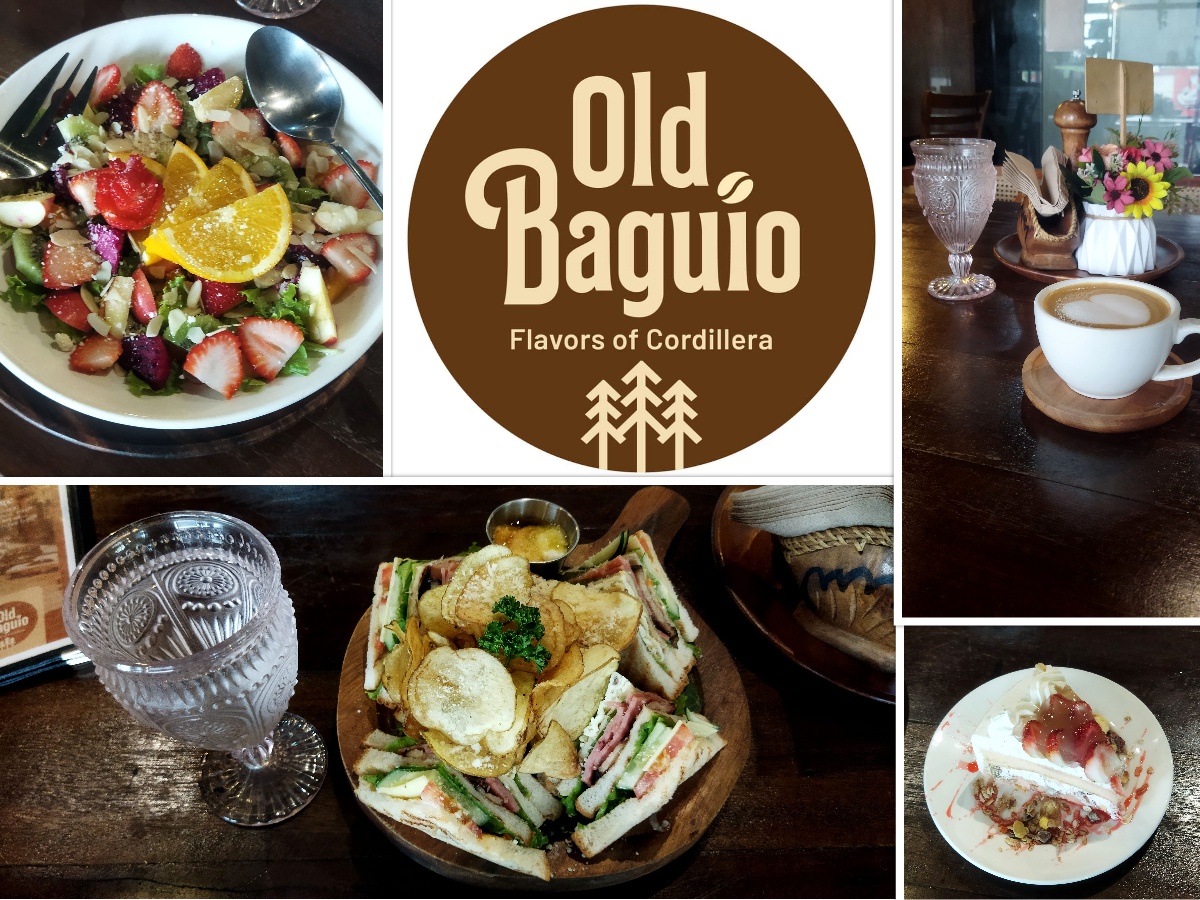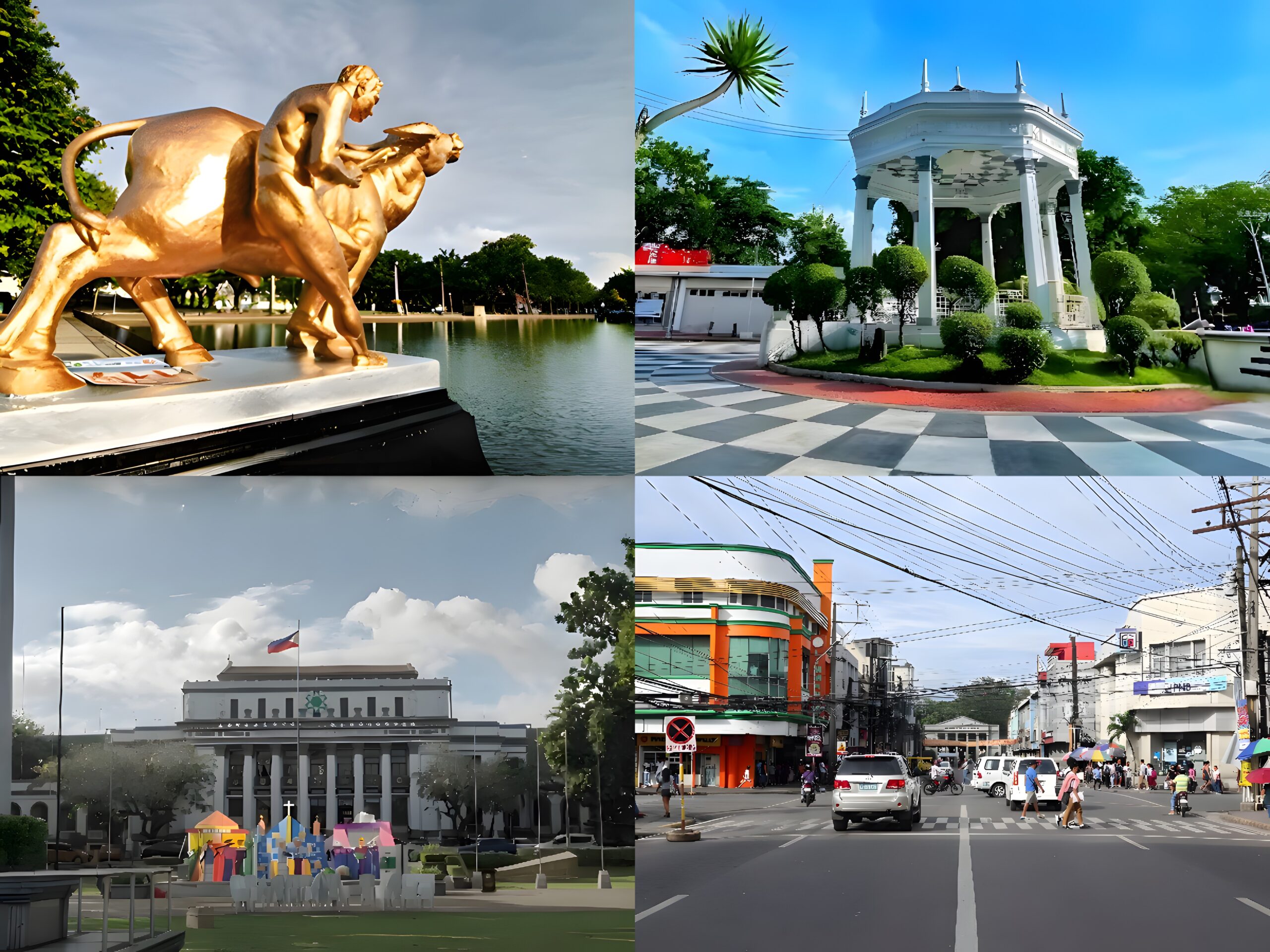Bacolod City: A Historical Perspective from the 1980s to the Present
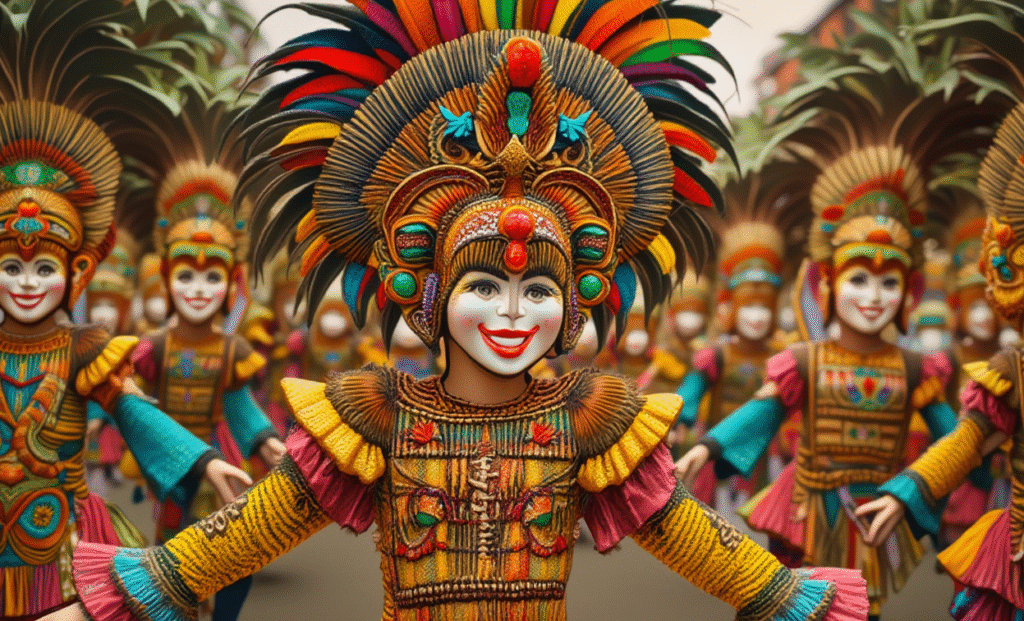 Pre-1980s Background
Pre-1980s Background
Bacolod, located on Negros Island in the Western Visayas region, was originally a rural settlement founded in the 18th century. It grew rapidly during the Spanish and American colonial periods due to the sugar industry, making it the capital of Negros Occidental in 1894.
By the 20th century, it had become the center of a booming sugar economy, home to many hacienderos (sugar barons) and sacadas (seasonal workers). This economic model created stark social divides, with a wealthy elite and a struggling working class.
In the early 1980s, Bacolod and the rest of Negros Occidental plunged into economic and social turmoil due to the collapse of the sugar industry.
Monocrop Economy: The province was heavily dependent on sugar, and global sugar prices crashed in the late 70s and early 80s.
Marcos-era Mismanagement: The Philsucom-Nasutra monopoly, created under Ferdinand Marcos and run by his crony Roberto Benedicto, was accused of underpaying planters and manipulating sugar trading.
Mass Hunger and Malnutrition: Widespread famine occurred in Negros in 1985, and thousands of children died of malnutrition. Images of starving children caught national and international attention.
Social Unrest: The extreme inequality led to increased activism and insurgency, particularly from the New People’s Army (NPA). The island became a flashpoint of conflict.
Recovery and Reinvention (Late 1980s–1990s)
After the EDSA People Power Revolution in 1986, which ousted Marcos, Bacolod started rebuilding:
As Marcos’ hand let go of Bacolod, new local leadership emerged, more attuned to participatory governance. NGOs, the Church, and civil society (especially groups like Task Force Sugarlandia) mobilized relief, feeding programs, and land reform advocacy.
Recognizing the danger of a monocrop economy, Bacolod began economic diversification. The retail and banking sectors began to flourish, while housing and mall developments notably increased due to the efforts of the Lopue and Ayala groups. And with information technology flourishing, the groundwork for Bacolod’s BPO sector began in the late 1990s.
MassKara Festival
Just as Bacolod City was beginning to rebuild its life, another tragedy struck the city. The city was mourning the Don Juan ferry disaster. As a result of this misfortune, the resilience and optimism of the Ilonggo people were highlighted by the creation of the MassKara Festival in 1980. The smiling masks became a symbol of Bacolod’s defiance and creative spirit.
Over time, it evolved into a major cultural and tourism event, significantly boosting Bacolod’s national and international image.
Urban and Economic Expansion in the 2000s–2010s
The Department of Information and Communications Technology (DICT) declared Bacolod a Center of Excellence for IT-BPM. Major companies like Convergys, Teleperformance, and Transcom set up operations in the city. Job creation and the rise of a young urban workforce transformed the economy.
The city expanded its roads, flyovers, and transport terminals. The Bacolod–Silay International Airport opened in 2008, replacing the old domestic airport and facilitating business and tourism.
Real Estate and Lifestyle
The city experienced a real estate boom, with new malls (like SM City Bacolod and Ayala Capitol Central) and residential developments. Mixed-use estates like Megaworld’s The Upper East and Vista Land’s Communicity emerged, redefining urban living.
In the 2020s to the present, successive mayors implemented transparency measures, investment incentives, and public-private partnerships. The Business One-Stop Shop (BOSS) made the city one of the most business-friendly in the country.
Bacolod started integrating smart city elements: digitized government services, smart traffic lights, and e-governance systems. The Bacolod Comprehensive Land Use Plan (CLUP) included provisions for green space, zoning, and climate adaptation.
With progress come challenges. Traffic congestion, waste management, and urban sprawl continue to be issues for the city, as do informal settlers and housing backlogs.
Today, Bacolod is one of the fastest-growing cities in the Visayas. A strong arts and design scene thrives with festivals, galleries, local fashion, and food. It’s home to prestigious institutions like the University of St. La Salle and UNO-R. Now, people from across the country (and expats) move to Bacolod for its relatively low cost of living, laid-back lifestyle, and economic opportunity.
Various international publications now recognize the city as one of the top places to live and retire in the Philippines.



